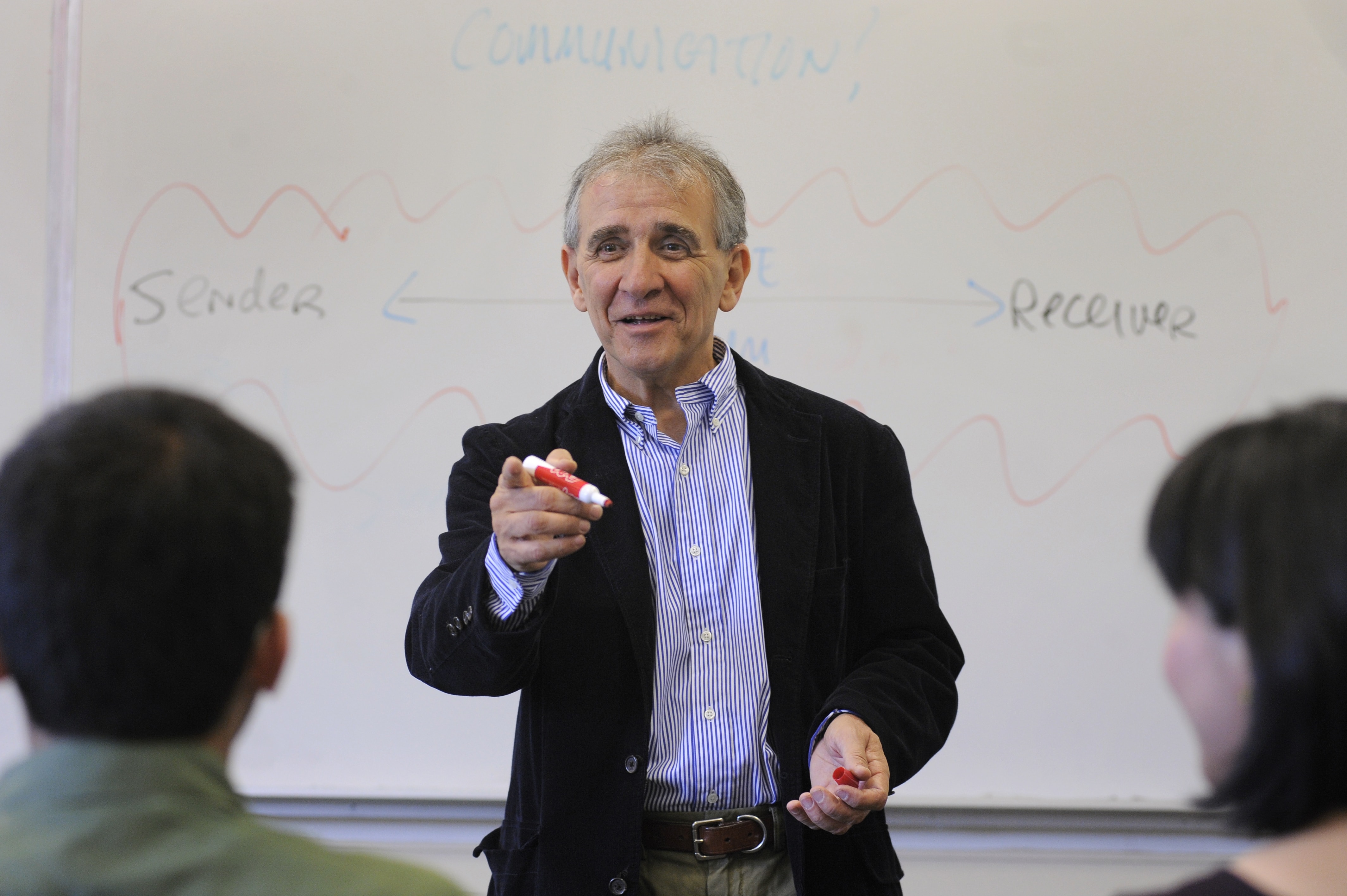Prefer Simplicity
By Ed Barr
Are you making a speech or writing a report any time soon? If so, remember the words of Albert Einstein, “Everything should be made as simple as possible, but not simpler.” What did Albert mean? Well, as a communication teacher, I interpret Albert as saying, “Use short words, short sentences, and short paragraphs. Avoid jargon. Write the way you speak. Speak conversationally when giving a presentation. Prefer simplicity.”
Need more proof? Warren Buffett said, “When I write the annual report for Berkshire Hathaway, I pretend I’m talking to my sisters!” Warren is trying to keep it simple for those who don’t understand the complexities of finance. Leonardo Da Vinci said, “Simplicity is the ultimate sophistication.” It is. Do you need any more validation?
When you write or speak, do it to EXPRESS, not to impress. Connect with the audience. They are the most important aspect of any communication. If you write or speak to an audience and they don’t understand, you have not communicated. You’ve just uttered vocal chord vibrations or written letters on a page. Peter Drucker said, “It is the recipient who communicates.” We all send messages, but how many are received and understood?
You might say to me, “I have complicated issues to deal with and to communicate about.” To that, I say, “Ha! That’s all the more reason to simplify.” In our Business Communication class, we practice communicating complexity. How does one communicate complex ideas that have intricate and abstract definitions? Try using analogy and metaphor. Shakespeare said, “Juliet is the sun.” That’s a metaphor. He didn’t say, “Juliet is like the sun.” That’s analogy (or simile). But, both work. Compare your abstract and complicated message to something simpler.
US President Gerald Ford said that if he could go back to college he’d learn how to communicate better. Playwright George Bernard Shaw said, “The single biggest problem in communication is the illusion that it has taken place.” Winston Churchill said, “The difference between mere management and leadership is communication.” And, US President John F. Kennedy said of Churchill, “He mobilized the English language and sent it into battle.” Now that’s the power of communication. I could go on.
MSCF has made a commitment to communication development for its students. It has committed to preparing them for interviews, for networking, for writing, and presenting. It even helps them with chit-chat. We know that they will be hired for their technical skills, but they will be rise up in the organization if they can communicate. We intend to differentiate our students from the rest, not just with their technical prowess, but with their excellent communication skills.
One last story about simplicity. When Steve Jobs and his team were talking about the user’s manual for a new computer, someone said it should be written at the eighth grade level. Steve interrupted and said, no, it should be written at the first grade level and then he added, “Maybe we should get a first-grader to write it!” That’s simplicity.
